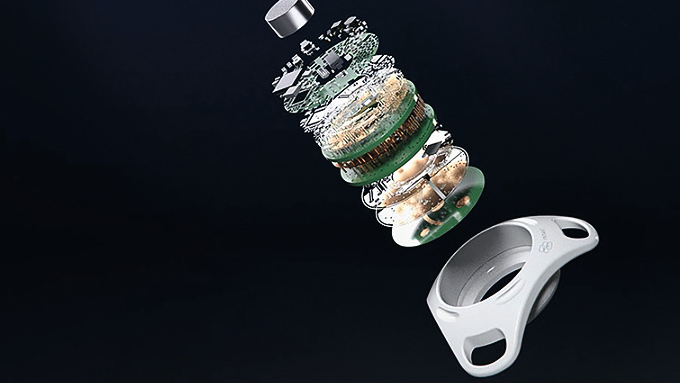They are the size of a thumbnail, communicate with and react to each other. We are talking about a new generation of interactive microimplants designed to make life easier for people with functional limitations and developed by the Intakt innovation cluster, coordinated by the Fraunhofer Institute for Biomedical Engineering IBMT.
The miniature helpers provide impulses for tinnitus or functional disorders of the digestive tract, for example, and are intended to support the recovery of gripping functions in the hand. The aim of the innovation cluster "Inter-Active Microimplants" (Intakt) was to develop implants that can remain in the body for life. This is because conventional precursors can break cables or require removal for maintenance. A network of up to twelve microimplants was developed, which communicate with each other wirelessly, securely and in real time. It is possible to communicate with the implant network from the outside via a laptop or smartphone. Advantages: Greater biostability because radio and infrared are used instead of cable connections. The integrated circuit also detects biosignals, e.g. from the arm muscle or stomach and intestine, transmits them and initiates the appropriate electrical stimulation at the same time. The batteries are charged inductively and adaptively.


